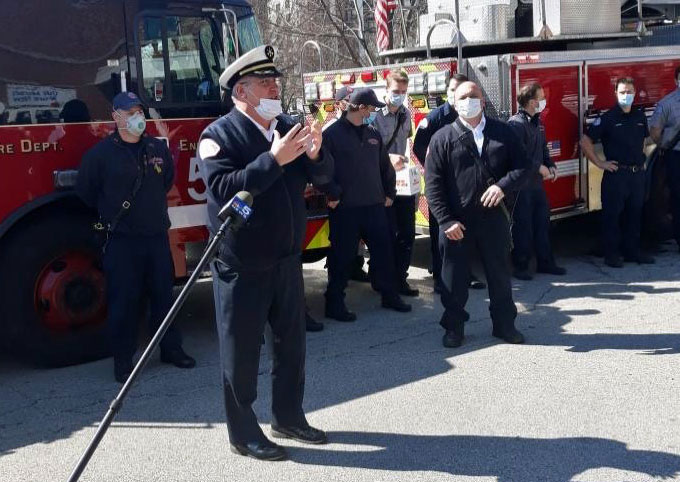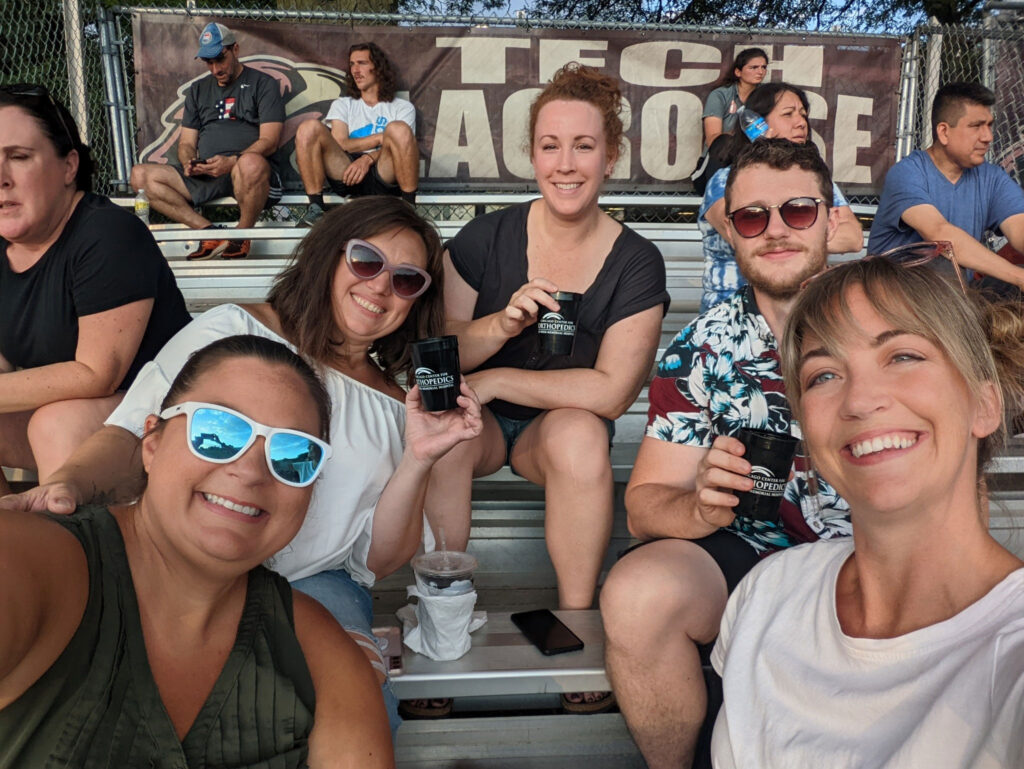For many of us, the Thanksgiving holiday kicks off the season of gratitude; a time for counting blessings and reflecting on the good in our lives. Maintaining that thankful feeling throughout the ups and downs of the life, however, can be challenging.
For some, practicing gratitude goes beyond the holiday season, permeating their everyday lives. Even when experiencing the added stress of a health crisis, these individuals recognize the good things happening around them and acknowledge the positive impact other people have made on their lives.
This ability to focus on the positive moments rather than the disappointments in life can have a powerful effect on a patient’s recovery, impacting both physical and mental health, according to gratitude researchers.
Gratitude from patients and the community also has a profound impact on the overall wellbeing of healthcare workers. Receiving recognition and thanks from patients, family members, and even community partners, gives medical staff a much-needed boost in morale. The most notable example of this has been the remarkable outpouring of donations, letters, and words of praise by the community during the COVID-19 pandemic.

On April 18, 2020, during the height of the pandemic, Weiss employees received a touching salute from the Chicago Fire Department.
“Being a healthcare worker during the time of the pandemic has required much sacrifice,” commented Suzanne Pham, MD, associate chief medical officer at Weiss Memorial Hospital. “The recognition of this sacrifice through expressions of gratitude from the community bolstered our strength and has also taught us the importance of supporting and regularly expressing gratitude to each other.”
Even as the pandemic wanes, simple acts of gratitude have an impact. Weiss Physical Therapist Katherine Hartmann, DPT, recalled how one recently discharged patient wrote 12 gratitude cards, one for each member of the rehab care team, filled to the brim with notes of appreciation and thanks for her care at Weiss. “Moments like that are priceless and help create a cycle that continues to foster more gratitude and happiness throughout our days,” she added.
An “attitude of gratitude” also strengthens relationships between coworkers, but takes practice and commitment. “Gratitude, like happiness, is something that has to be actively pursued in life,” added Hartmann.
“Many of us have navigated the pandemic, and now post-pandemic era at Weiss, by verbalizing and demonstrating gratitude. We practice gratitude for each other by showing up with encouragement to serve with kindness and compassion and hope during those difficult times,” she said.
For the rehabilitation team at Weiss, showing up for colleagues has strengthened relationships both inside and outside of the hospital.

The rehab team at Weiss recently enjoyed an evening out together at a “Weiss Night” soccer event for all employees.
Dr. Pham points out the impact of gratitude among her Weiss colleagues. “Giving gratitude to one another gives us the network of support and encouragement that we need to help us feel we can tackle the challenges ahead of us on a daily basis,” she said. “It motivates us to be more compassionate healthcare providers and maintain the team mentality needed to provide high quality care for our patients.”
As you navigate the holiday season and beyond, consider the healing power of practicing gratitude. Begin by focusing on the little things that bring you joy, expressing your gratitude to others, and keeping a gratitude journal to remind you of the good things in your life.

